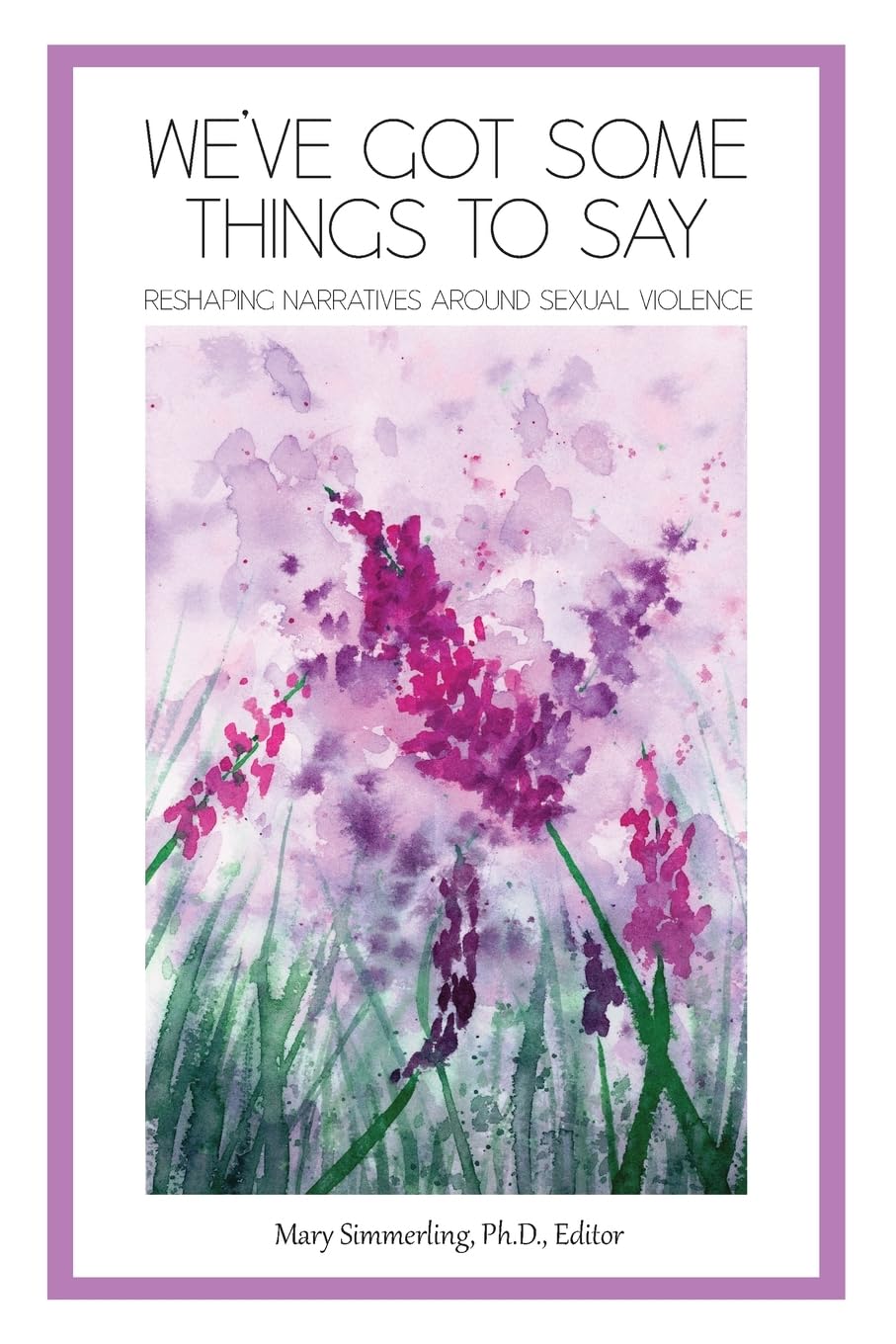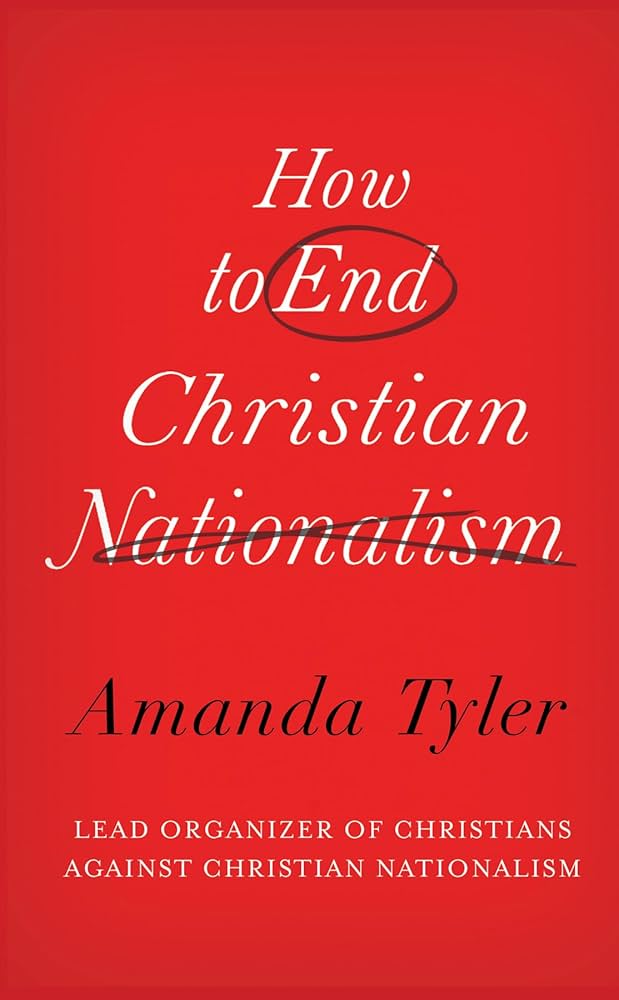Lessons in life and leadership reveal not only character but also one’s strengths, resilience, and ability to adapt. In Say Yes, Jon Michaels shares his experiences as a Marine officer, naval aviator, and business executive, highlighting crucial lessons in leadership and personal development. Through his memoir and leadership guide, Michaels reflects on pivotal moments from his military career and how they shaped his approach to leading teams, influencing others, and taking responsibility for his actions.
The author imparts valuable insights, such as the importance of paying attention to small details and the consequences of making tough decisions. He also discusses his transition to civilian life, where he applied military principles to his work in the energy sector and at Volta, a startup focused on electric vehicle charging stations.
My curiosity about the book is anchored in understanding leadership lessons from military culture, which has often served as the basis for American corporate environments. As an institution, the American military has accomplished feats of organization and efficiency that has served as a template for business culture. Michaels mentions that he was inspired by the works of Admiral William McRaven and Captain Brett Crozier, whose writings often emphasize values rooted in their military experience, such as leadership, resilience, and integrity. In Michaels’ narrative, we learn that rigorous training and high standards of the Marines emphasized the significance of doing little things right, a lesson he carried into his work at Volta, where he implemented checklists to ensure project completion accuracy.
It was fascinating to learn about the concept of “combined arms,” a military strategy that integrates various combat units—such as infantry, armor, artillery, aviation, engineers, and other support elements—into a cohesive and synergistic force. Michaels discusses how combined arms inspired him to merge different capabilities for complementary effects, shaping his leadership style. This holistic perspective allowed him to effectively lead diverse teams and take on unexpected roles, such as serving as Volta’s Chief People Officer during a crisis.
Say Yes is a quick and engaging read for those seeking inspiration and practical advice on leadership. It is a suitable choice for a leadership retreat aimed at enhancing interpersonal skills and team effectiveness. Individuals with military backgrounds may find the book particularly appealing, as its approach aligns with their experiences. However, the author uses military jargon sparingly, making the content accessible to a broader audience. In sharing advice, Michaels draws on his past experiences and the lessons he has learned, offering readers from all backgrounds valuable insights into personal and professional growth.
Editor's Note: This review was originally published in San Francisco Book Review.


